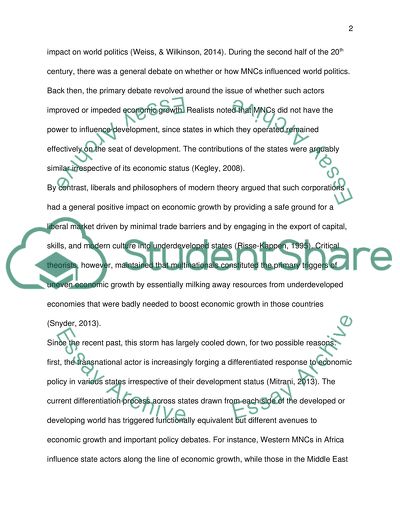Cite this document
(“Transnational Actors influences on World Politics Essay”, n.d.)
Retrieved from https://studentshare.org/social-science/1677485-transnational-actors-influences-on-world-politics
Retrieved from https://studentshare.org/social-science/1677485-transnational-actors-influences-on-world-politics
(Transnational Actors Influences on World Politics Essay)
https://studentshare.org/social-science/1677485-transnational-actors-influences-on-world-politics.
https://studentshare.org/social-science/1677485-transnational-actors-influences-on-world-politics.
“Transnational Actors Influences on World Politics Essay”, n.d. https://studentshare.org/social-science/1677485-transnational-actors-influences-on-world-politics.


